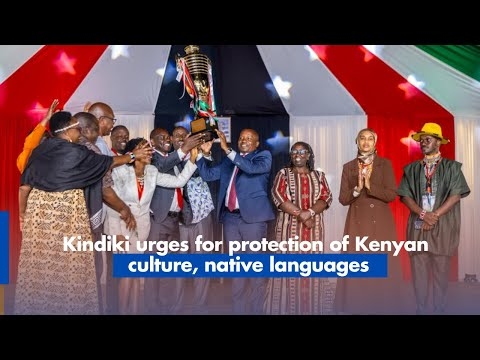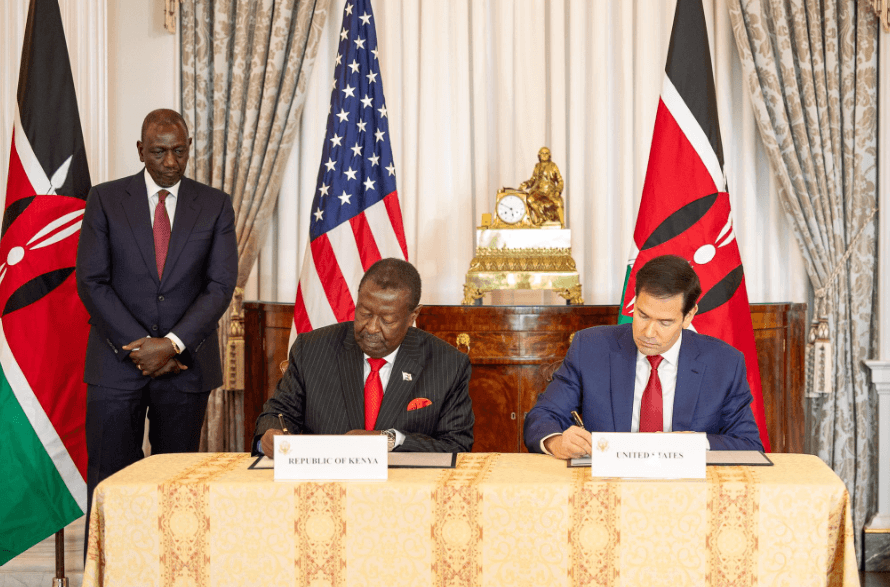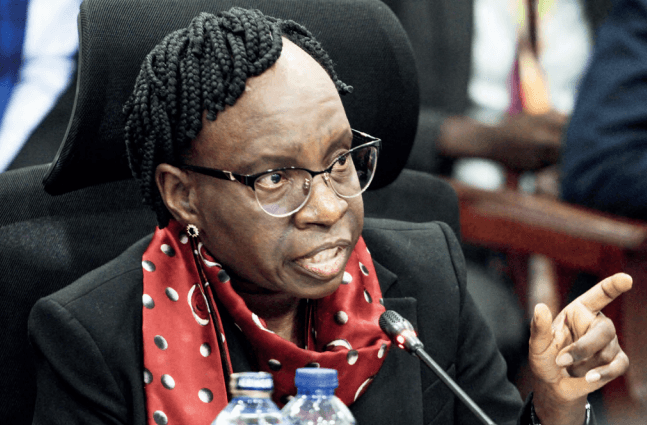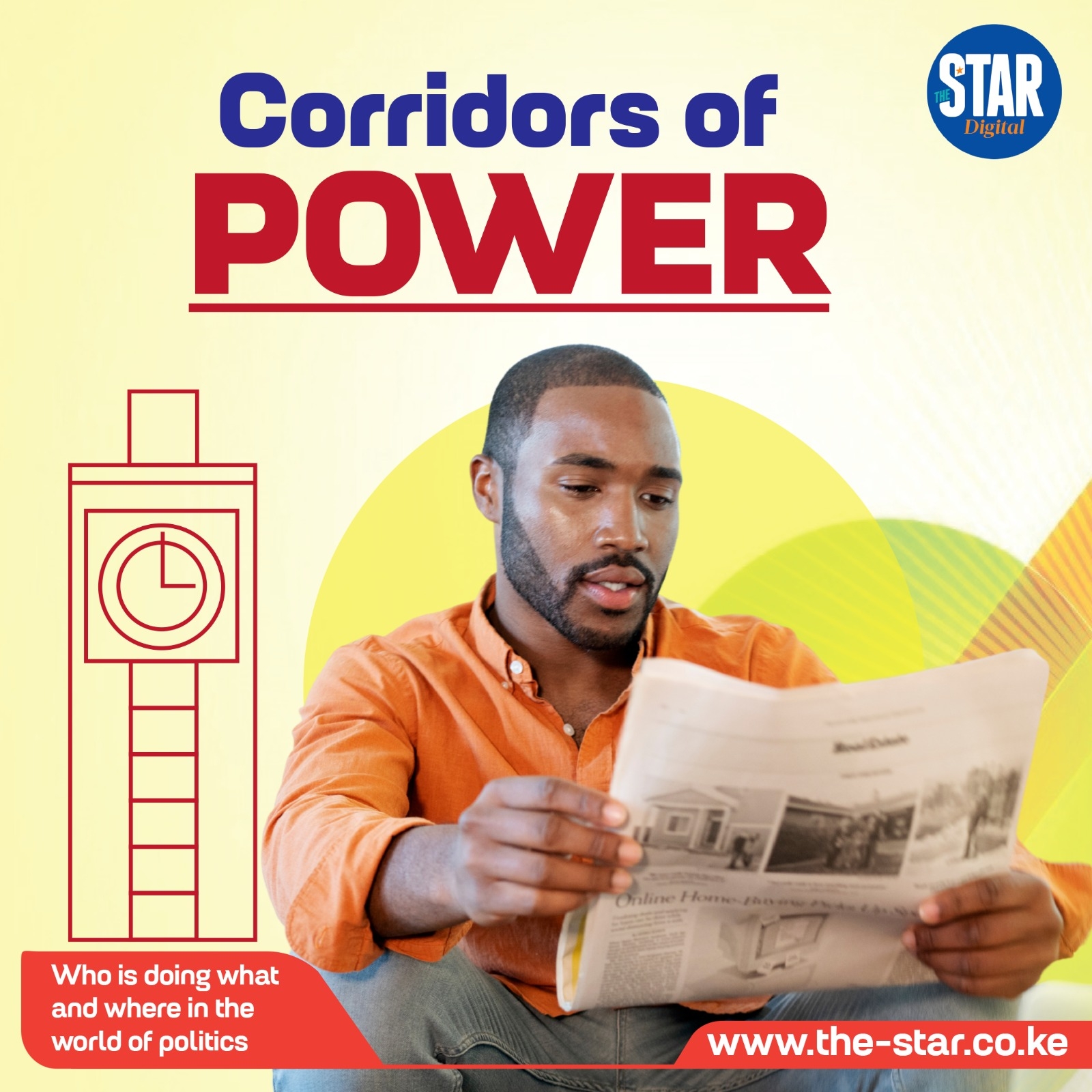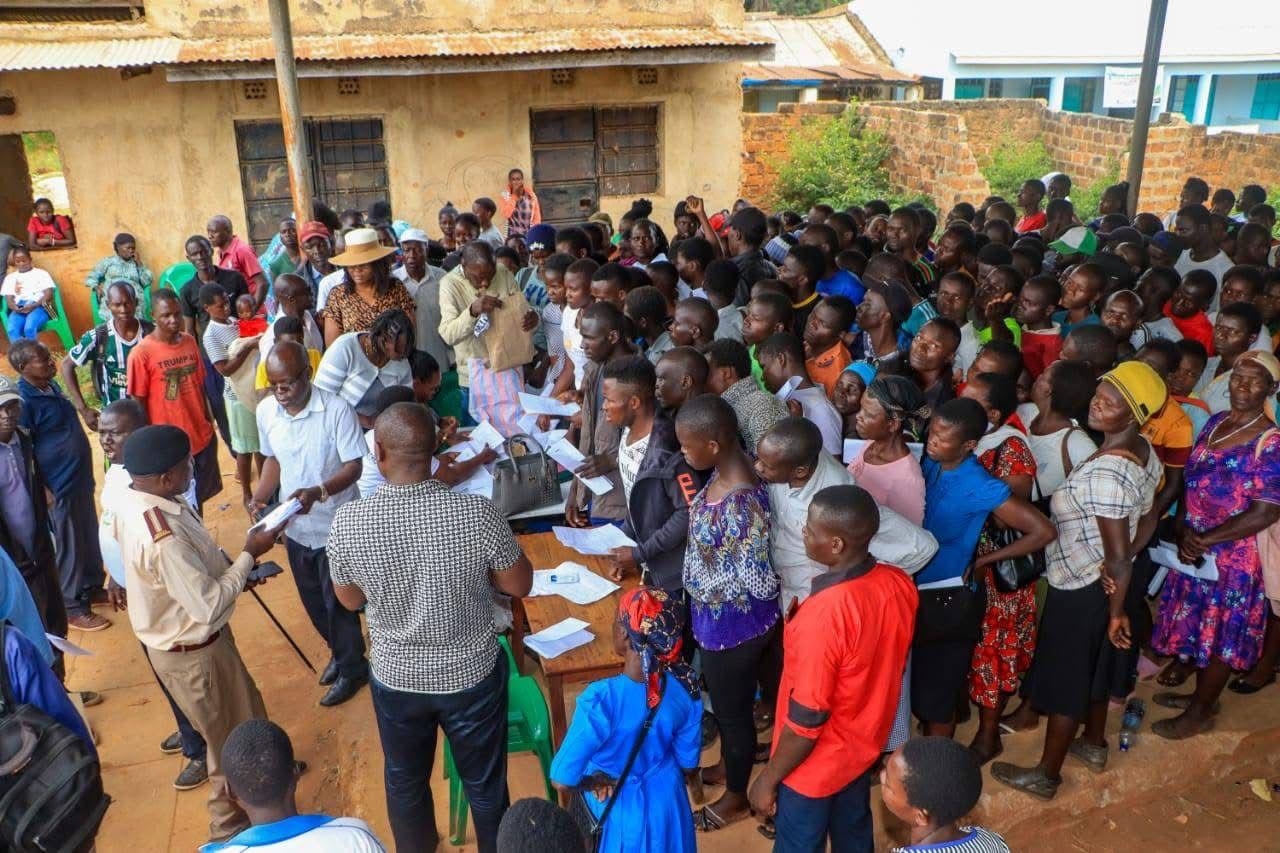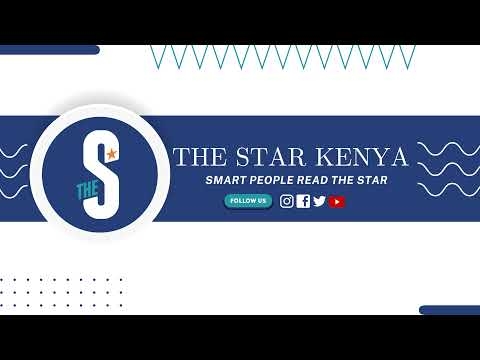
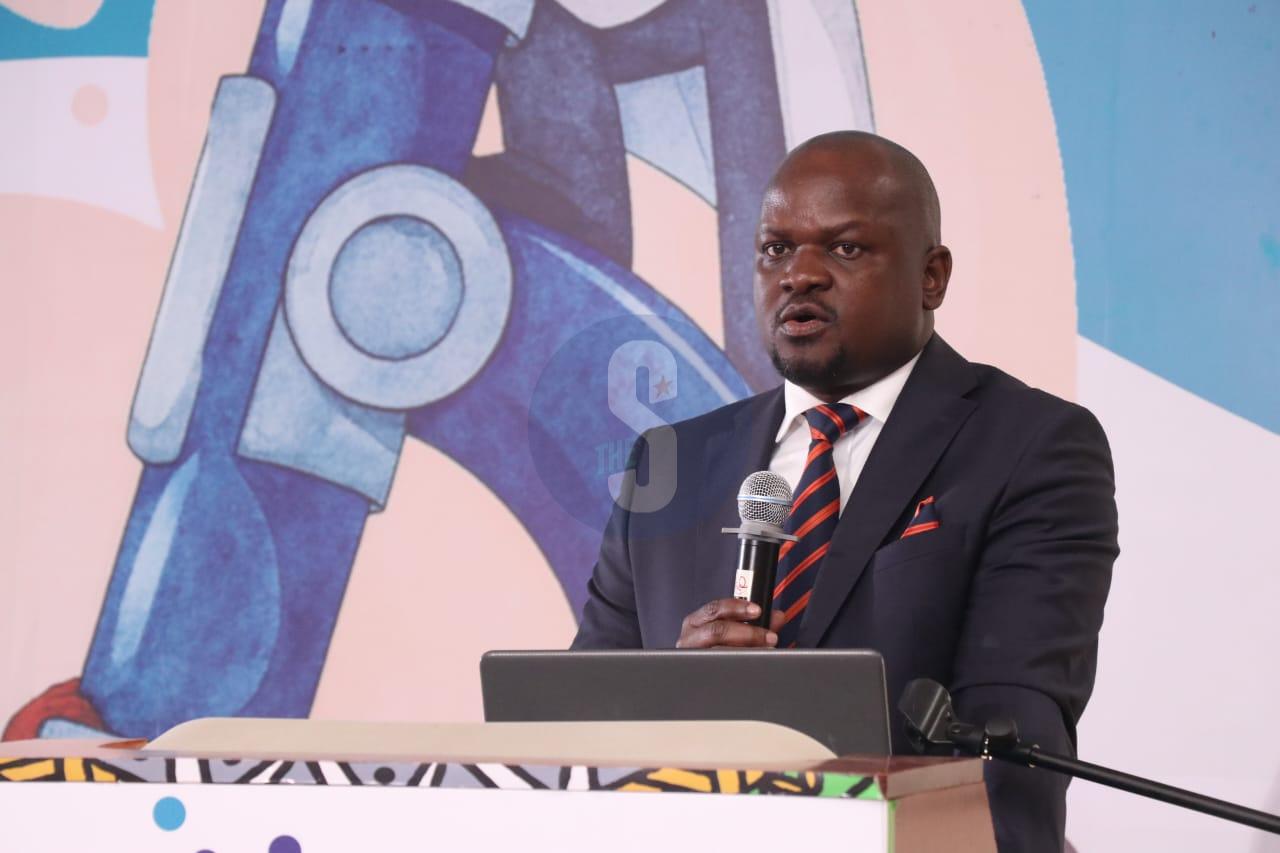
The first-ever National Science Research and Translation Congress opened on Tuesday at the African Population and Health Research Center (APHRC) in Nairobi.
The congress started with a resounding call to bridge the gap between scientific discovery and policymaking.
The event, jointly organised by The Star and APHRC, brings together scientists, policymakers, and journalists to chart new ways of making research more accessible, impactful, and relevant to society’s needs.
The Star’s Editorial Director, Paul Ilado, set the tone for the congress in his keynote address, emphasising the crucial role of collaboration between the media and the research community.
“Today we embark on a journey that seeks to bridge one of the most difficult tasks between scientific research and actionable policy,” he said.
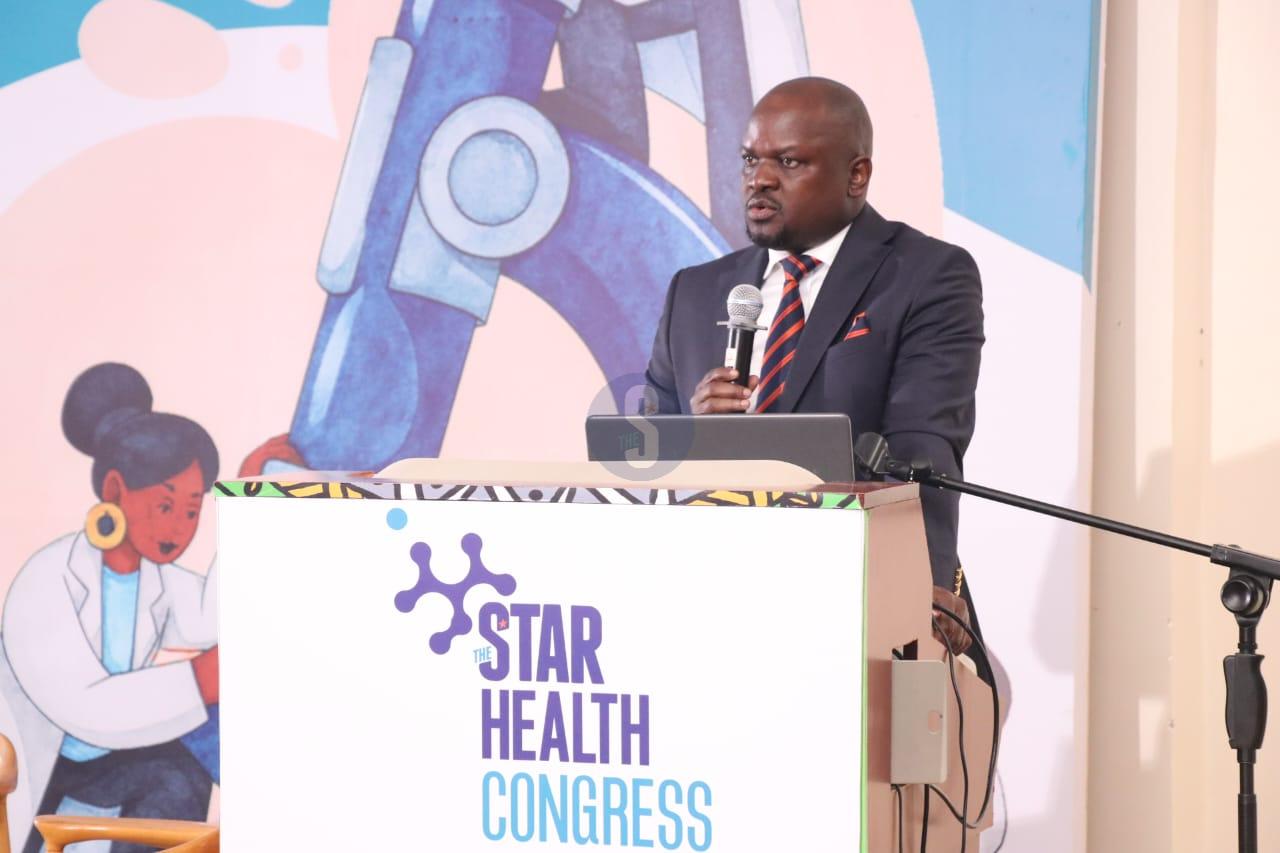
Ilado noted that although vast amounts of research are conducted daily across Kenya and beyond, much of it remains locked within academic circles and fails to influence national decisions.
He urged researchers to think beyond publishing and to embrace partnerships that make their work visible and understandable to the public.
“We are hoping to find ways to collaborate with researchers so that we can tell our research stories in ways people can understand and in ways that influence policy and action,” he said.
Ilado challenged both scientists and government officials to share the responsibility of translating findings into real-world benefits.
“It’s not enough to do research in silos. Our findings must be accessible, understood, and implemented in ways that directly impact public health and wellbeing,” he added.
He stressed that collaboration across all sectors, for instance, researchers, media, and policymakers, is essential in creating evidence-informed decisions that shape healthier and more informed communities.
Ilado also encouraged scientists to leverage social media to enhance visibility and influence.
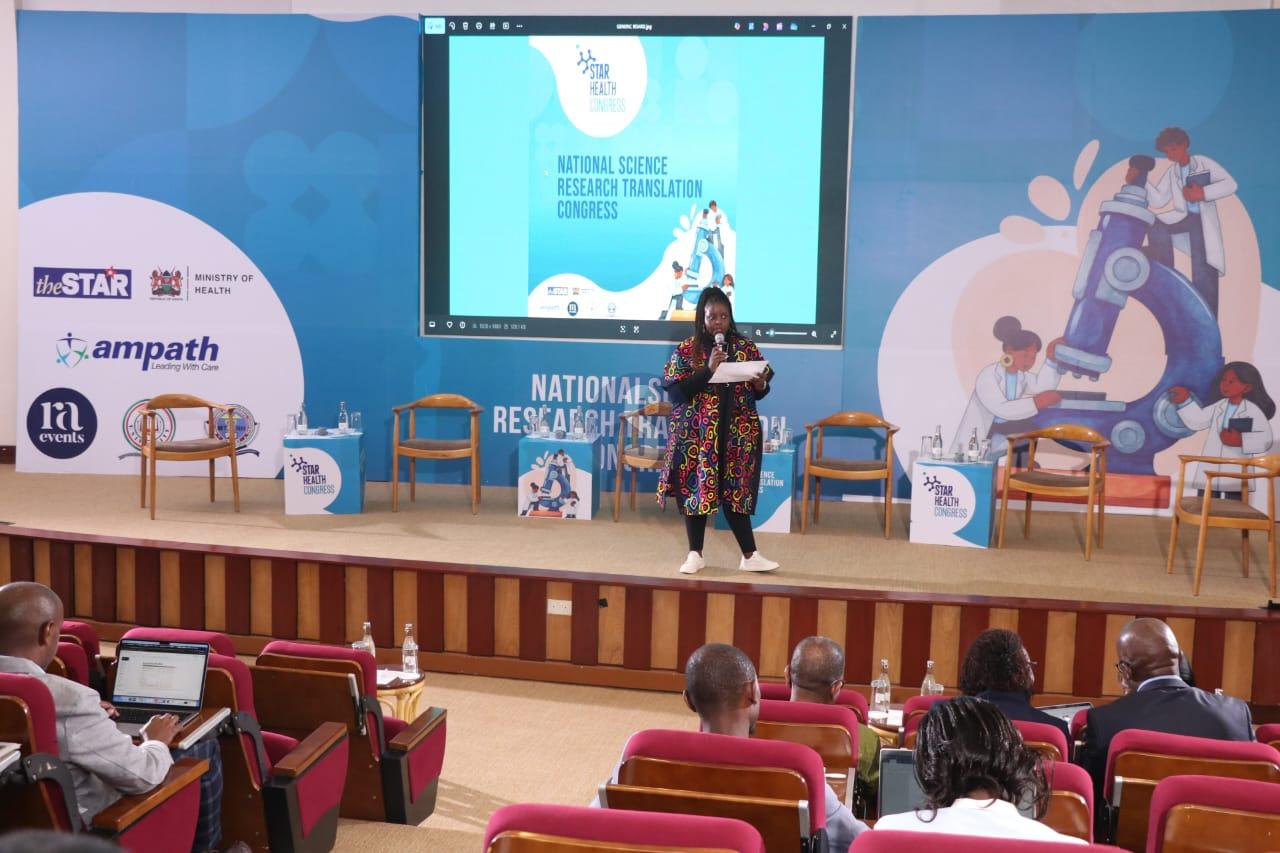
“In today’s digital age, we have unprecedented tools at our disposal—LinkedIn, X, YouTube, TikTok—to amplify our voices and share insights,” he said, calling for researchers to embrace online platforms as vehicles for transparency and public engagement.
He added that personal branding within the scientific community is equally vital for credibility.
“I have met many scientists who did not see the value of branding themselves. Yet, when competent and qualified people tell their stories, it gives authenticity to their research,” he noted.
Ilado said storytelling and ownership of scientific communication are critical steps toward meaningful advocacy and societal change.
The congress will feature discussions on evidence translation, digital science communication, and policy-driven research implementation, marking a pivotal step toward bridging the research-policy divide in Kenya.




